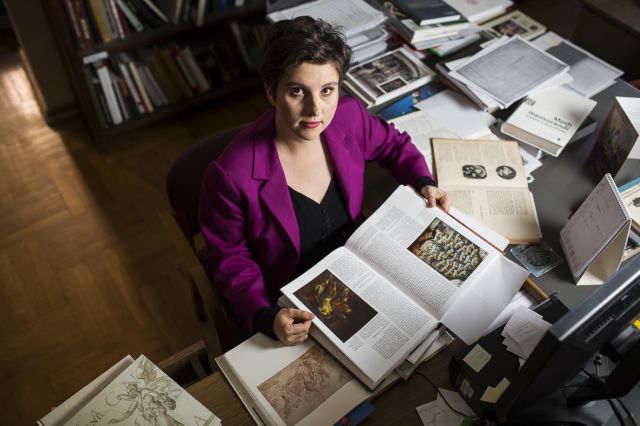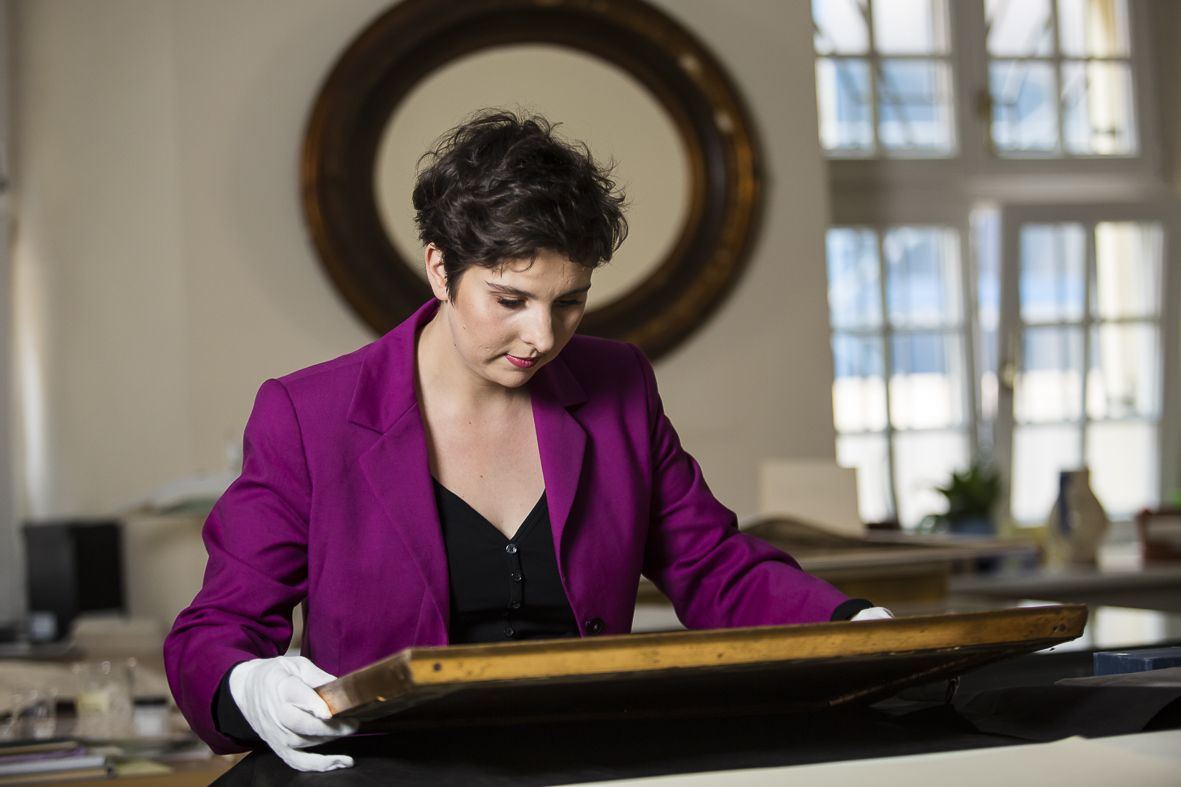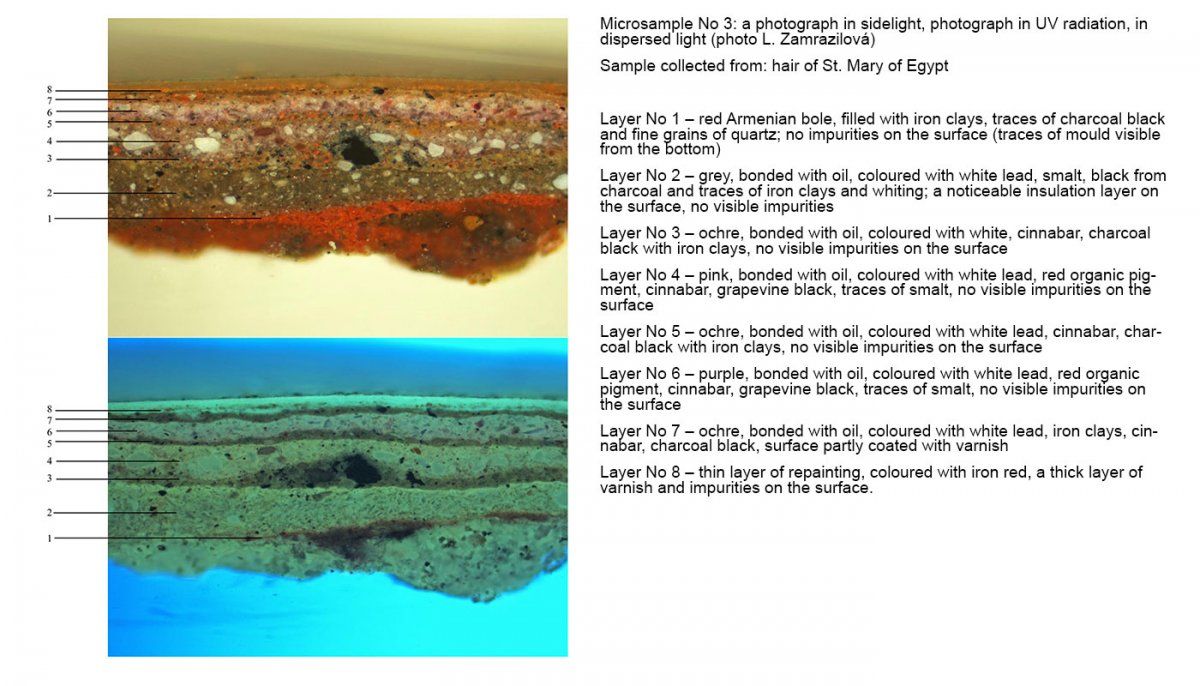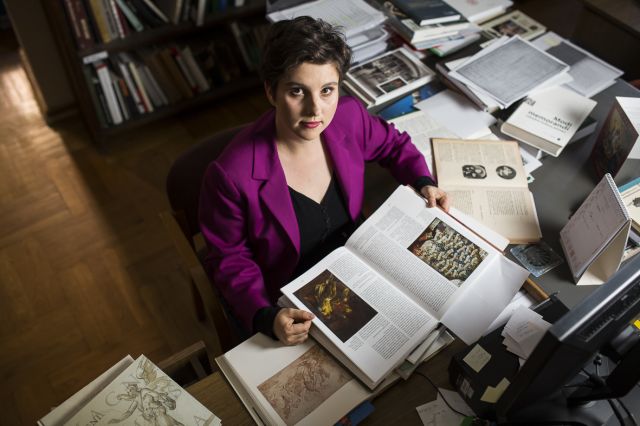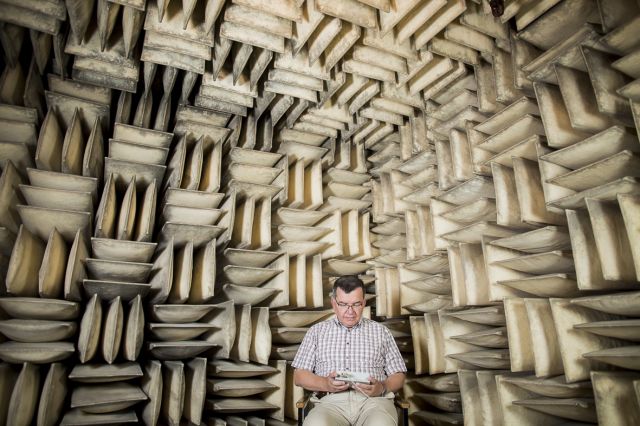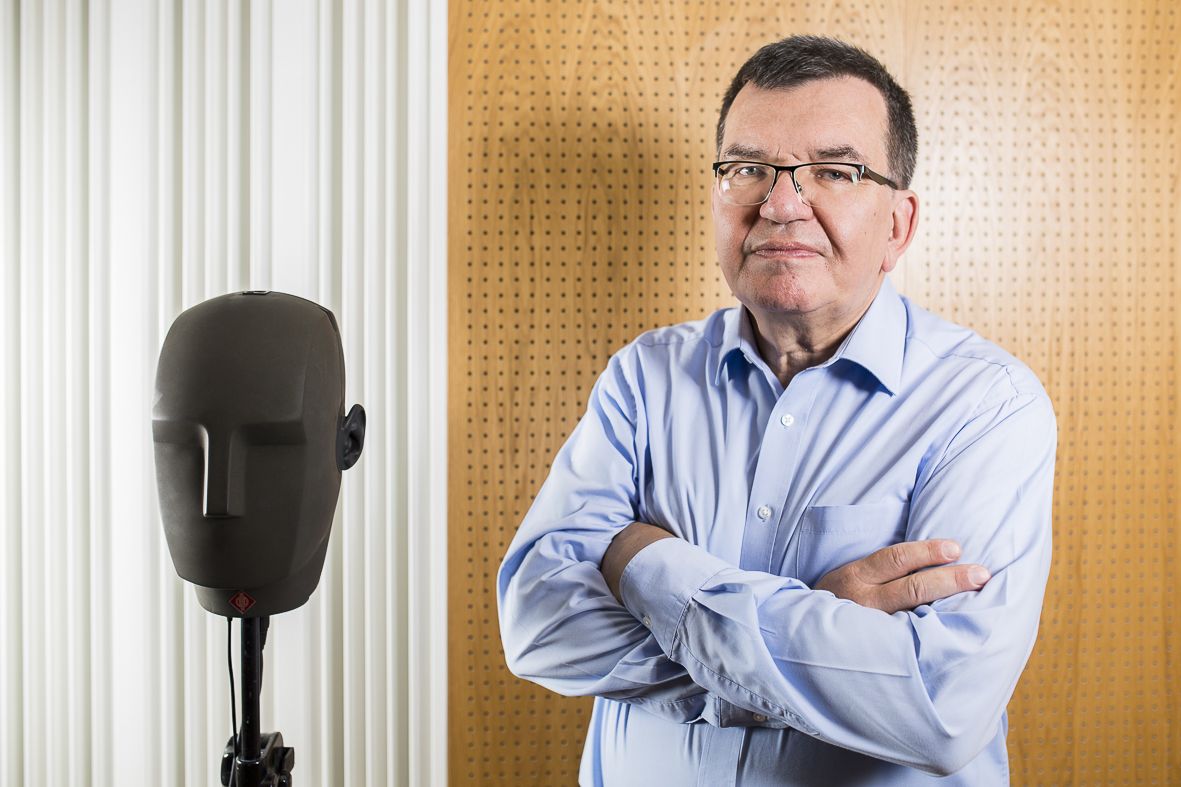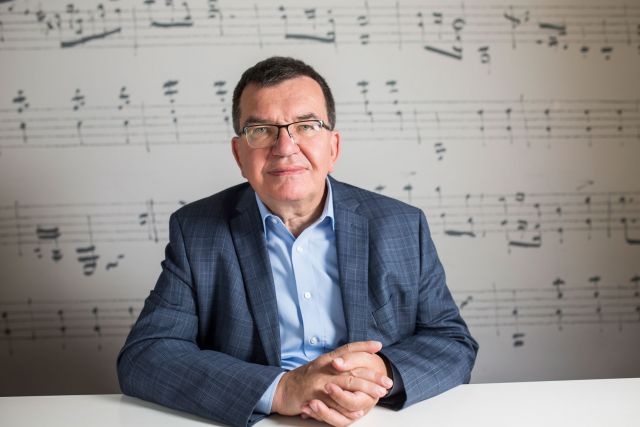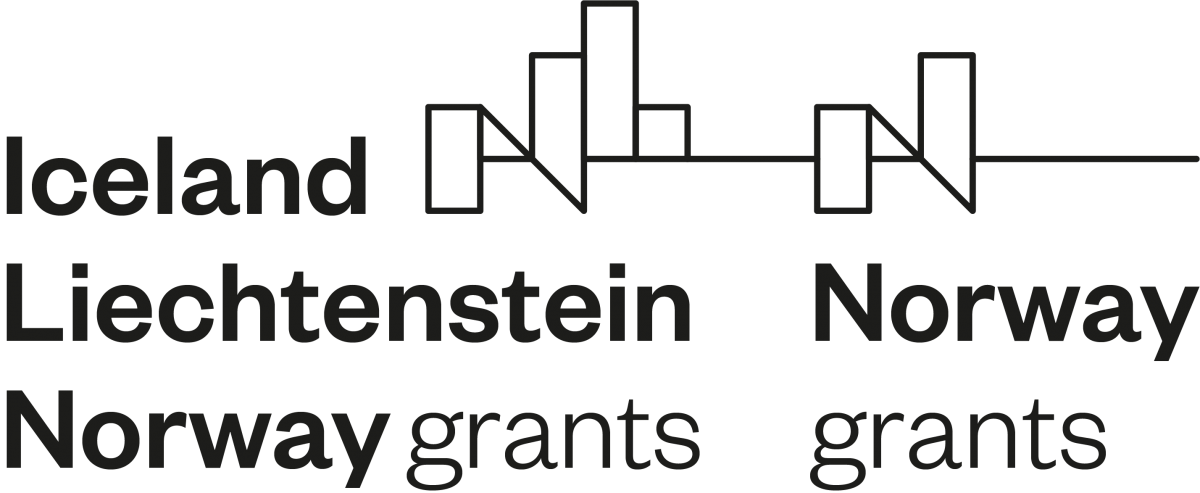New JPI AMR call on antimicrobial resistance
NCN together with JPI AMR network is pleased to announce a new call on antimicrobial resistance: Innovation against antibiotic-resistant bacteria: new targets, compounds and tools. Fundamental and translational research, with the exception of clinical trials.Applications may be put forward by international consortia composed of a minimum of 3 partners from at least 3 different countries participating in the call. The project participants prepare one joint proposal document (in English, and following the provided template), which is submitted to the Joint Call Secretariat by the consortium coordinator on behalf of all the research teams in all countries, via a submission tool https://secure.pt-dlr.de/ptoutline/app/jpiamr2018..
Countries participating in the call
Belgium, Czech Republic, Egypt, Finland, France, Germany, Ireland, Israel, Italy, Latvia, Norway, Poland, Romania, Spain, Sweden and Switzerland
Timeline of the call
The two-step application process (pre-proposal, full proposal) will have the following timetable:
- March 7th, 2018 (17:00 CET) – deadline for the submission of pre-proposals
- April/May 2018 – invitation to submit full proposals
- June 14th, 2018 (17:00 CET) – deadline for the submission of full proposals
- October/November 2018 – call results
- end of 2018/early 2019 – start of funded projects
Call documents
Additional info to download
- 6th Call Folder 2018
- Quick Guide for Dissemination of the JPI AMR Research Projects Results
- WHO Prioritization of Pathogens Report
For more information on the call please see the JPI AMR website.
Information for Polish applicants:
- At the pre-proposal stage Polish applicants are not required to send any additional documents to the NCN.
- At the full proposal stage they must register their projects in the OSF submission system (UNISONO proposal). The UNISONO proposal includes the following budget table: http://ncn.gov.pl/sites/default/files/pliki/UNISONO_budget_table.xlsx.
- We strongly encourage all applicants to read the information on eligible costs included in the Annex to NCN Council’s Resolution on funding granted within calls for proposals for international research projects (UNISONO, pp. 5-12).
- If one international project includes partners from two (or more) different Polish Host Institutions, these institutions must apply to the NCN as a consortium. Please note that each consortium member will have a separate budget, but the limit on personnel costs, given in paragraph 2.1.2 of the Annex to NCN Council’s Resolution, applies to the consortium as a whole (please see UNISONO, pp. 8-9).
- At the full proposal stage, the budget of the Polish part of the research project in the OSF system should be given in PLN, with the exchange rate of 1 EUR= 4,2705 PLN.
- Projects including Polish teams may last 24 or 36 months.
Contact:
dr Jerzy Frączek, jerzy.fraczek@ncn.gov.pl, tel. 12 341 9165
Jolanta Palowska, jolanta.palowska@ncn.gov.pl, tel. 12 341 9139

